Clay bentonite, often referred to as simply bentonite, is a versatile and widely-used natural material that offers numerous benefits across a variety of industries. This article aims to provide a comprehensive overview of clay bentonite and its applications, highlighting its unique properties, eco-friendliness, and the advantages it offers businesses. 1. Understanding Clay Bentonite: Clay bentonite is a natural clay mineral derived from volcanic ash deposits. It is primarily composed of montmorillonite, a highly absorbent aluminum phyllosilicate. Its unique structure gives clay bentonite exceptional water absorption and expansion properties, making it ideal for a wide range of applications. 2. Key Applications: a. Construction Industry: Clay bentonite is widely used in the construction industry for its high swelling capacity, acting as an effective sealant in geotechnical engineering, particularly in creating barriers for landfills, ponds, and reservoirs.
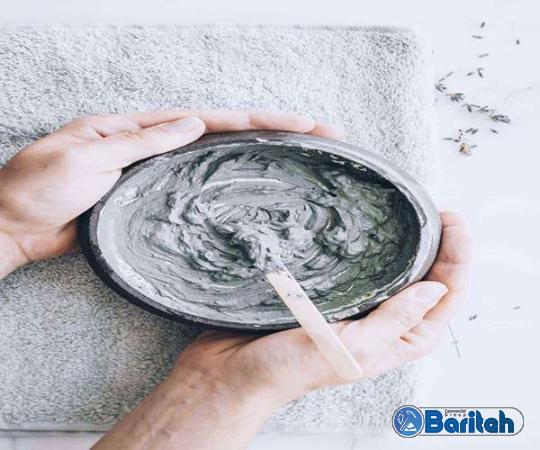
.
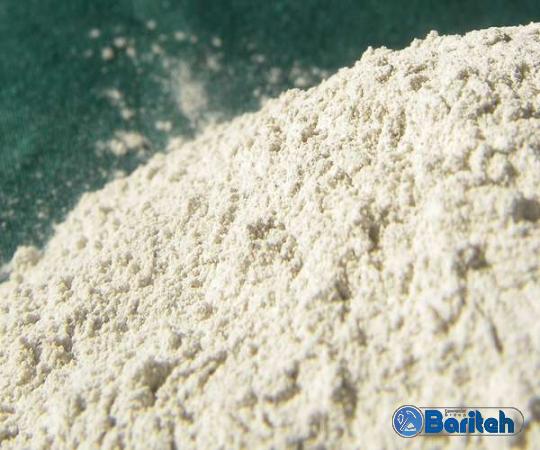 This is due to its ability to form a low-permeability liner that prevents the migration of liquids or chemicals. b. Drilling Fluids: The oil and gas industry extensively utilizes clay bentonite in drilling fluids. Its thixotropic properties help maintain stability and lubrication, facilitate the removal of drill cuttings, and prevent blowouts during the drilling process. The high viscosity of bentonite slurries also assists in controlling fluid loss in boreholes. c. Cat Litter: Bentonite is a popular component in cat litter due to its excellent clumping properties and odor control capabilities. The absorption capacity of bentonite reduces wastage and prolongs the life of the litter, making it cost-effective for pet owners. d. Personal Care and Cosmetics: Clay bentonite is gaining traction in the personal care industry due to its natural absorbent qualities.
This is due to its ability to form a low-permeability liner that prevents the migration of liquids or chemicals. b. Drilling Fluids: The oil and gas industry extensively utilizes clay bentonite in drilling fluids. Its thixotropic properties help maintain stability and lubrication, facilitate the removal of drill cuttings, and prevent blowouts during the drilling process. The high viscosity of bentonite slurries also assists in controlling fluid loss in boreholes. c. Cat Litter: Bentonite is a popular component in cat litter due to its excellent clumping properties and odor control capabilities. The absorption capacity of bentonite reduces wastage and prolongs the life of the litter, making it cost-effective for pet owners. d. Personal Care and Cosmetics: Clay bentonite is gaining traction in the personal care industry due to its natural absorbent qualities.
..
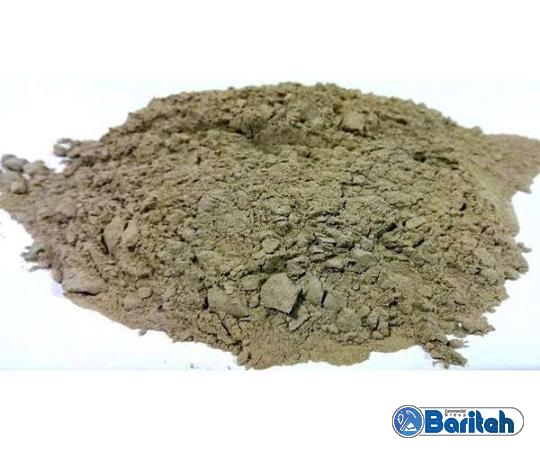 It is commonly found in facial masks, body wraps, and other skincare products, as it effectively draws out impurities and toxins from the skin. e. Environmental Remediation: The ability of clay bentonite to adsorb heavy metals and other toxins makes it an excellent choice for environmental cleanup. It can be used in landfills, industrial wastewater treatment, and soil remediation to reduce contaminant concentrations effectively. 3. Advantages of Clay Bentonite: a. Eco-Friendly: Clay bentonite is a natural, non-toxic substance that has minimal impact on the environment. Its abundance and ease of extraction make it an eco-friendly choice compared to synthetic materials with potential environmental consequences. b. Cost-Effective: Bentonite offers cost advantages due to its availability and ease of use. Its efficient swelling capacity and high absorption rate translate into reduced product consumption and long-lasting performance, making it a cost-effective option for businesses in various sectors.
It is commonly found in facial masks, body wraps, and other skincare products, as it effectively draws out impurities and toxins from the skin. e. Environmental Remediation: The ability of clay bentonite to adsorb heavy metals and other toxins makes it an excellent choice for environmental cleanup. It can be used in landfills, industrial wastewater treatment, and soil remediation to reduce contaminant concentrations effectively. 3. Advantages of Clay Bentonite: a. Eco-Friendly: Clay bentonite is a natural, non-toxic substance that has minimal impact on the environment. Its abundance and ease of extraction make it an eco-friendly choice compared to synthetic materials with potential environmental consequences. b. Cost-Effective: Bentonite offers cost advantages due to its availability and ease of use. Its efficient swelling capacity and high absorption rate translate into reduced product consumption and long-lasting performance, making it a cost-effective option for businesses in various sectors.
…
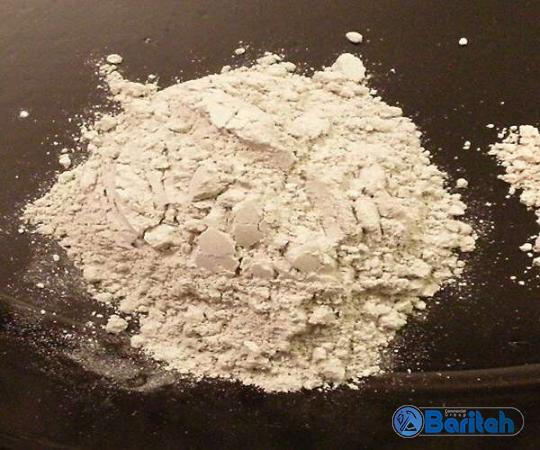 c. Health and Safety: Clay bentonite is generally considered safe for humans and animals. It has been used for centuries without reported adverse effects. However, individuals with specific allergies or sensitivities should take necessary precautions. Conclusion: Clay bentonite has become a staple material across multiple industries due to its versatility, unique properties, and eco-friendly nature. Its ability to absorb and retain moisture, its high plasticity, and its exceptional sealing capabilities make it a valuable resource for businesses involved in construction, drilling fluids, personal care, and environmental remediation. With its cost-effectiveness, health, and safety benefits, clay bentonite is expected to continue being a popular choice for businesses looking for efficient and sustainable solutions.
c. Health and Safety: Clay bentonite is generally considered safe for humans and animals. It has been used for centuries without reported adverse effects. However, individuals with specific allergies or sensitivities should take necessary precautions. Conclusion: Clay bentonite has become a staple material across multiple industries due to its versatility, unique properties, and eco-friendly nature. Its ability to absorb and retain moisture, its high plasticity, and its exceptional sealing capabilities make it a valuable resource for businesses involved in construction, drilling fluids, personal care, and environmental remediation. With its cost-effectiveness, health, and safety benefits, clay bentonite is expected to continue being a popular choice for businesses looking for efficient and sustainable solutions.
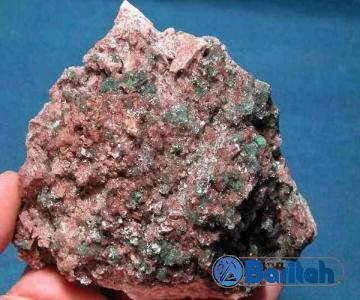
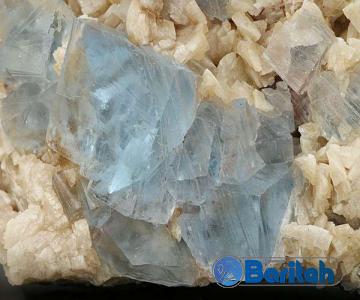
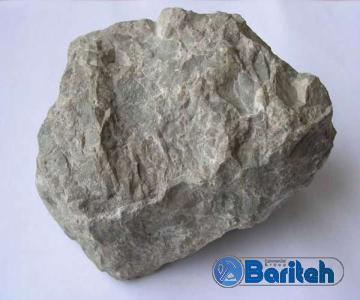
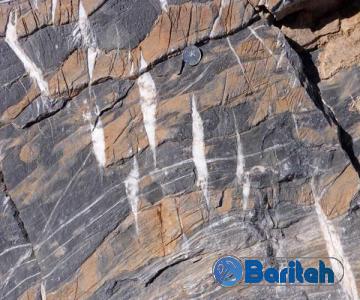
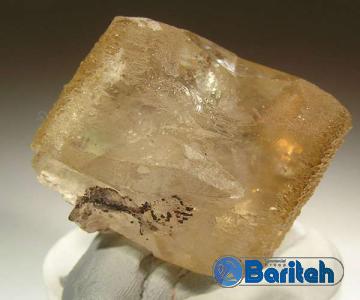
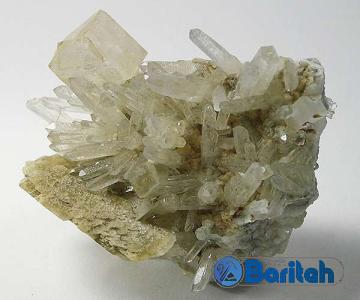
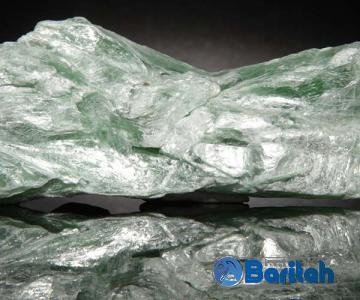
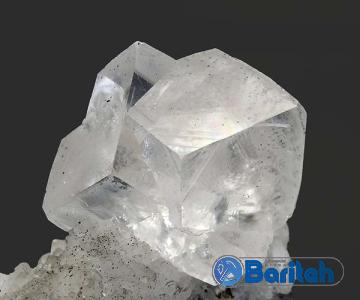
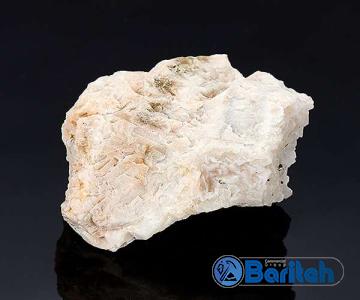
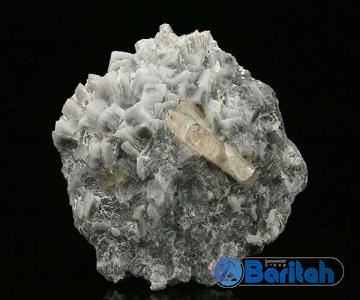
Your comment submitted.